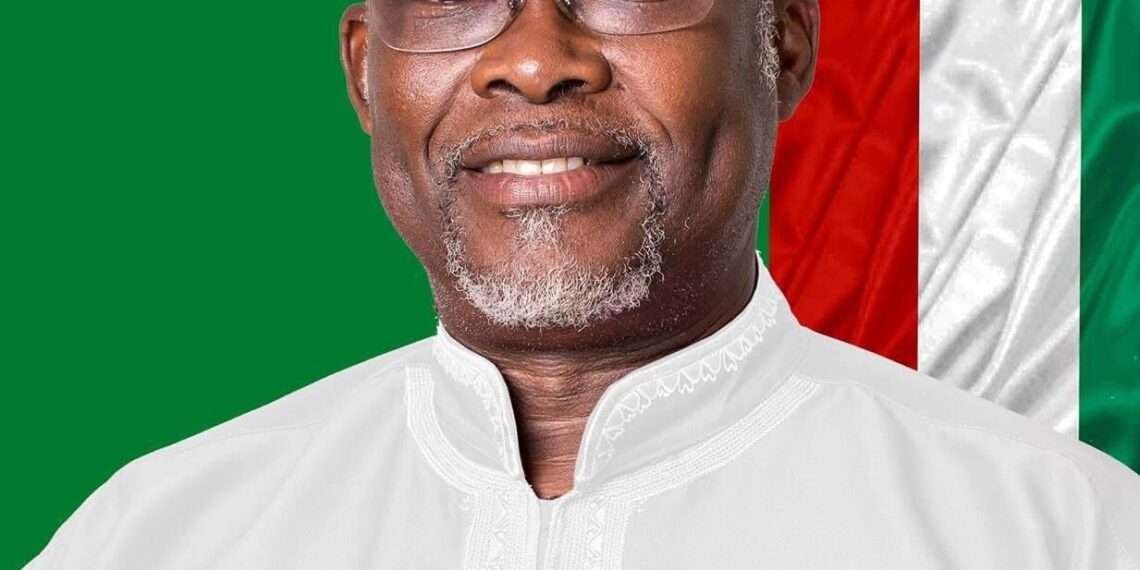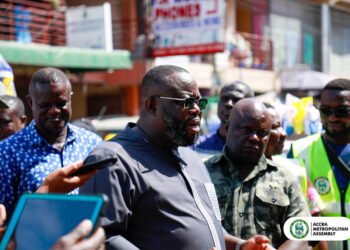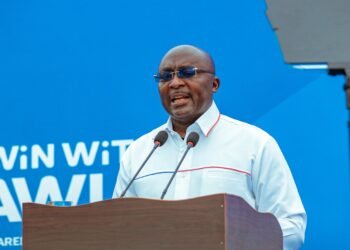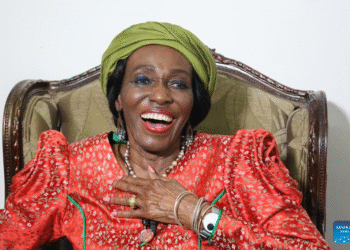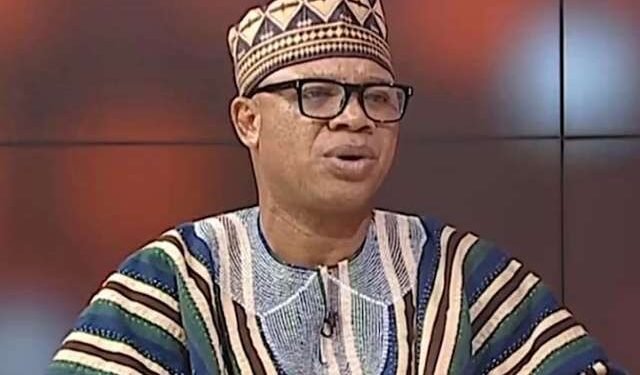Dr. Ekwow Spio-Garbrah, a prominent figure in Ghanaian politics and former Minister of Education under the late President John Evans Atta Mills, has leveled serious accusations against the Electoral Commission (EC) of Ghana.
According to Dr. Spio-Garbrah, the independence and credibility of the EC have been compromised, as he claims it is now staffed with individuals with strong allegiances to the ruling New Patriotic Party (NPP). This alleged politicization, he suggested, raises concerns over the upcoming 2024 general elections and the fairness with which they will be conducted.
“The government, like they have done with the Supreme Court, has picked people who are not independent-minded to the EC.
“Propaganda communicators who have publicly defended the NPP on radio are now at the EC, and all of them are thinking alike to manipulate the elections against the NDC.”
Dr. Ekwow Spio-Garbrah
Dr. Spio-Garbrah criticized the current composition of the EC, arguing that individuals with direct links to the NPP, including former propagandists, have been strategically positioned within the election management body.
The former Trade and Industry Minister stated that this staffing approach mirrors similar moves within Ghana’s Supreme Court, where he alleged the government has appointed judges perceived to be sympathetic to the ruling party.
The EC’s mandate to oversee free and fair elections is fundamental to the country’s democracy, as Ghana has been recognized globally for its peaceful democratic transitions since 1992.
Dr. Spio-Garbrah’s assertions, however, raised troubling questions about the level of transparency and impartiality that Ghanaians can expect from the EC in 2024. His remarks reflected concerns shared by members of the opposition National Democratic Congress (NDC), who have consistently voiced apprehensions about the EC’s neutrality under the current leadership.
Dr. Spio-Garbrah highlighted that the alleged partisan appointments within the EC could lead to a scenario in which critical election management activities—such as the verification of voter registries, allocation of polling centers, and resolution of election disputes—may be skewed in favor of the NPP.
He argued that individuals in these sensitive positions, who have openly supported the ruling party, may be inclined to act in ways that could compromise the outcome of the election.
The Issue of SALL: A Case of Disenfranchisement

Dr. Spio-Garbrah also referenced the unresolved disenfranchisement of the Santrokofi, Akpafu, Lolobi, and Likpe (SALL) communities in the 2020 general elections as a cautionary example.
During that election cycle, residents of these communities were allowed to vote in the presidential election but were excluded from the parliamentary election due to unresolved boundary and electoral area issues.
This decision sparked outrage, with the affected communities and various political and civil society groups calling it a violation of the fundamental democratic right to vote.
“We are praying that on election day, people will not be roaming about to identify their polling stations.
“If you look at what they did to SALL by not allowing them the right to vote for a whole four years, it means they want to do that to a lot more people.”
Dr. Ekwow Spio-Garbrah
The SALL issue, he argued, could serve as a blueprint for selective disenfranchisement, especially in opposition strongholds, if safeguards are not put in place.
Dr. Spio-Garbrah’s concerns point to potential challenges for voters in rural and remote areas, where the organization of polling centers and access to voting facilities can be complicated by logistical and administrative hurdles.
He called for the EC to ensure that all eligible voters have clear information on their assigned polling stations to avoid confusion on election day.
Another area of concern highlighted by Dr. Spio-Garbrah is the recent voters’ exhibition process, during which some individuals reportedly could not locate their names on the registry.
He alleged that this was not an isolated issue but part of a larger scheme to influence the outcome of the 2024 election.
In recent months, reports of missing names on the electoral roll have sparked fear and frustration among prospective voters, with opposition groups and civil society organizations questioning the EC’s accuracy and transparency in managing the voter database.
Dr. Spio-Garbrah’s statements added to the mounting pressure on the EC to demonstrate a clear commitment to impartiality, particularly as Ghana approaches a critical election with high stakes for both political parties and the future of its democracy.
READ ALSO: African Nations Rally Behind $25 Billion Replenishment of ADF



